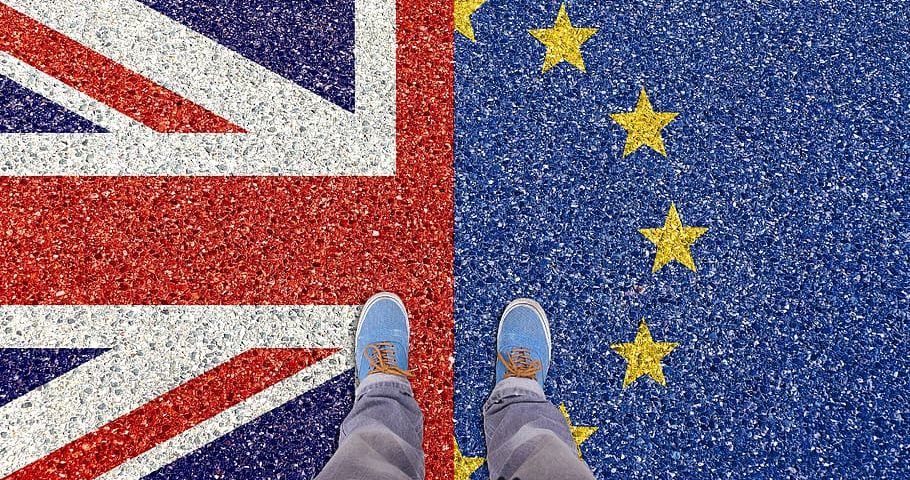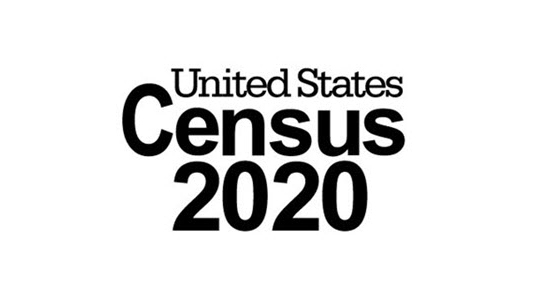One of the major political decisions of the 21st century is Brexit, the United Kingdom’s bid to leave the European Union. In June 2016, a referendum to leave the EU was voted on under then Prime Minister David Cameron. Cameron later resigned as his bid to remain in the Union was put down by a vote of 51% to leave. After the failure of Theresa May, Cameron’s replacement, to negotiate a Brexit deal and the vote to leave, current PM Boris Johnson was required to extend the Brexit deadline and was finally successful in creating a solid date of removal from the EU. Three and a half years and two Prime Ministers after the 2016 vote, the United Kingdom will be officially leaving the EU on January 31st of this year. It will be the first state to ever leave the European Union. The decision is leaving a lot of people wondering where the relationship between the EU and the UK is heading in the near future.
Within weeks of the official exit, trade talks will begin between the UK and the European Union. Trade negotiation is predicted to take the entirety of 2020, with a deadline of December 31st, 2020 for there to be a deal. Regardless of what terms are reached, 2021 will start with a different relationship between the UK and the rest of Europe. According to Peter Barnes from the BBC, during the transition period the United Kingdom will remain in the EU’s market and customs unions, but the EU has made clear that it will eventually need to leave these areas with a new deal in place. Politically the UK and the European Union will be completely separate, with no British representation in the European Parliament or the European Court of Justice.
The number one priority for the British government is continued access to the goods and services available in the rest of Europe, which would require a free trade deal. Without a free trade deal, the UK will be subject to tariffs on their exports to the rest of Europe. While the economy is at the forefront of negotiations, it is not the only topic on the table for 2020. European Union states have connected law enforcement and security measures, including an arrest warrant system. Other aspects of negotiation will include data sharing, aviation regulations, medication regulations, and electricity, among other complications that keep the European Union states intertwined. With the UK leaving this network, many questions remain unanswered about how both parties will untangle themselves.
The relationship between the UK and Northern Ireland will also be drawn further into question. There is already a political border between the two, but now as the UK leaves the EU and Northern Ireland remains, an economic border will divide them as well. Goods moving between the areas could be subject to EU regulatory checks as well as tariffs. Only time will tell how the British Isles will get along in the coming months and years after Brexit goes into effect.
Brexit is filled with complexity and has been since June 2016 when the British Parliament voted to leave the European Union. There is a small timeframe to negotiate a large number of complex topics from the economy to travel to security. People all across Europe and the United States will be watching closely over the next 11 months as the UK and the EU both negotiate the future relationship and organization of Europe.




